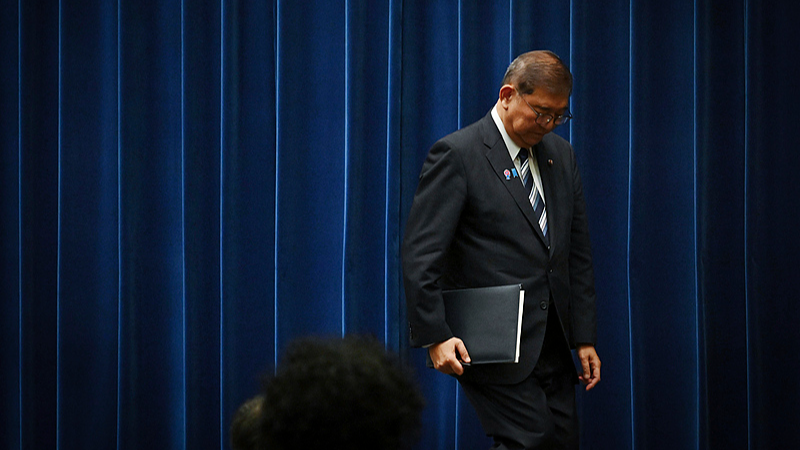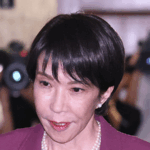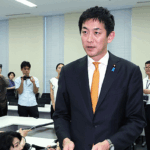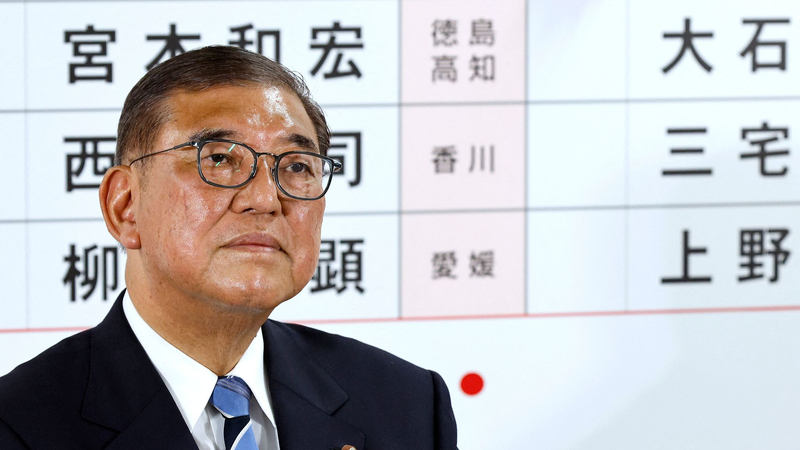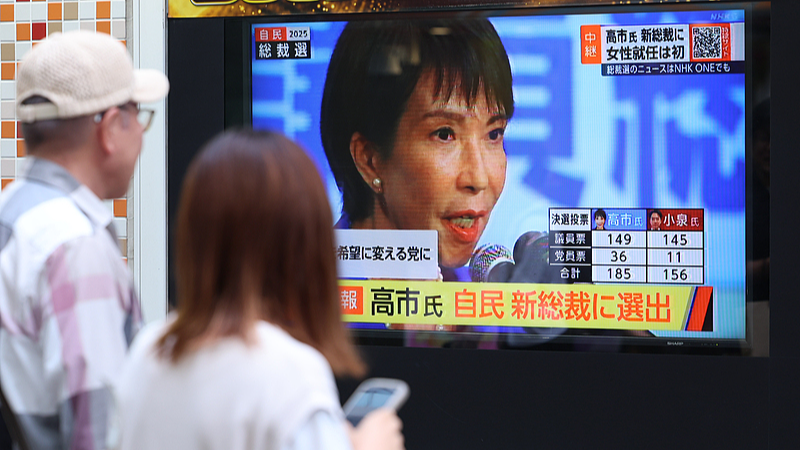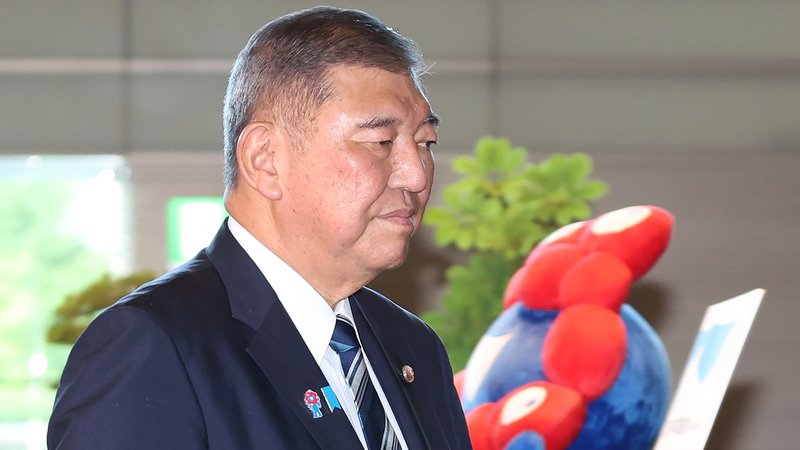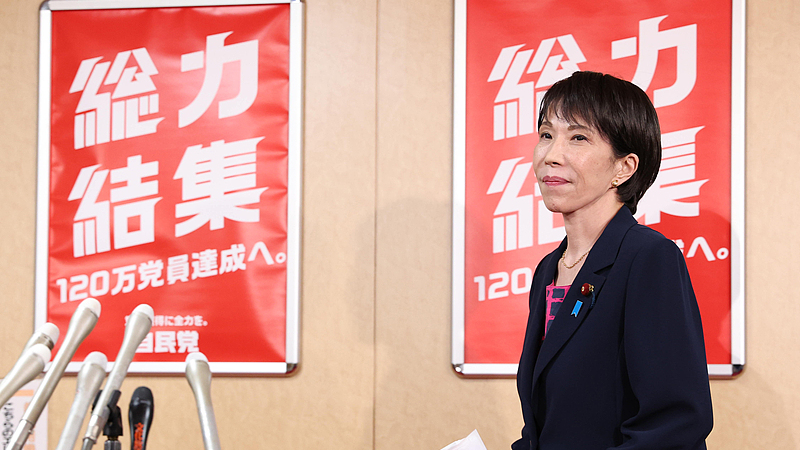Japanese Prime Minister Shigeru Ishiba dropped a political bombshell Sunday, announcing his resignation amid mounting pressure and economic turbulence. The move throws the world’s fourth-largest economy into uncertainty as the ruling Liberal Democratic Party (LDP) scrambles to pick a new leader. 🎤💥
Why Now?
Ishiba, 68, faced fierce backlash after the LDP lost key parliamentary elections this summer, with voters frustrated over soaring living costs and weak growth. His resignation follows a critical U.S.-Japan trade deal aimed at easing tariffs on Japan’s auto sector—a move Ishiba called a "key hurdle" cleared. But with inflation raging and bond markets rattled, critics say it’s too little, too late. 📉🍚
Party in Peril?
The LDP, in power since 1955, is now battling internal chaos. Four senior officials quit last week, and rivals like nationalist figure Sanae Takaichi are eyeing the top job. Public trust? Hitting new lows. A recent poll showed 52% of voters see no need for a leadership race—hinting at deeper disillusionment. 🗳️🔥
Economic Ripples
Markets are already jittery: the yen slumped and 30-year bond yields hit record highs last week. Analysts warn prolonged political instability could derail efforts to revive Japan’s sluggish economy. 💸📉
What’s Next?
All eyes are on the LDP’s emergency leadership vote. Will Takaichi’s hawkish stance win over the party, or will younger faces like farm minister Shinjiro Koizumi rise? One thing’s clear: Japan’s next leader faces a steep climb to win back public trust. 🏔️👀
Reference(s):
cgtn.com
